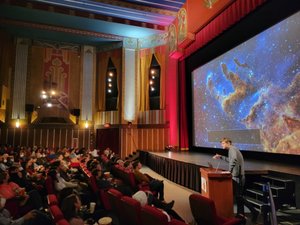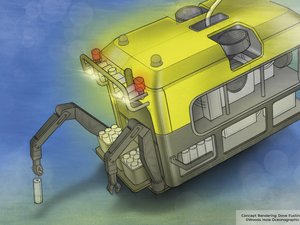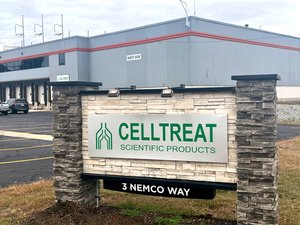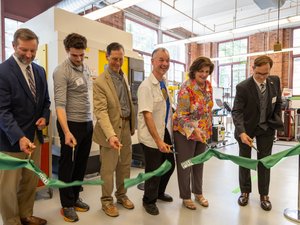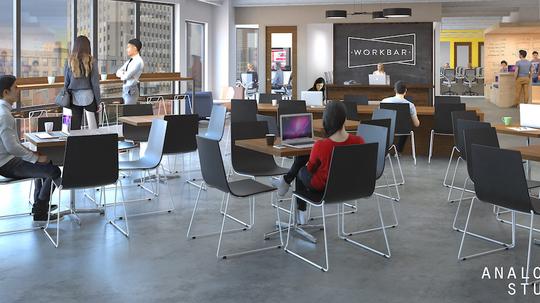
Techstars has found a home for its new startup accelerator in Boston that it's launching with the U.S. Air Force next year.
The Techstars Autonomous Tech program has signed an agreement to use a space for up to 60 people in Workbar's new Back Bay location at 399 Boylston St., BostInno has exclusively learned. Representatives at both Techstars and Workbar confirmed the deal. Workbar CEO Bill Jacobson said the Back Bay space, which will mark the company's eighth location, is expected to open by the end of the year and will have a total capacity of 300 members.
The accelerator, which will mark Techstars' second program in Boston, came to fruition after the Air Force approached Techstars about a year and a half ago to discuss the idea of creating an accelerator as a way to give the military service access to emerging technologies and a strategic advantage over adversaries, Warren Katz, the program's managing director, told BostInno in a recent interview.
Katz said the primary focus of the accelerator will be startups that are working on anti-drone technologies — a result of the growing use of drones by the Islamic State militant group (ISIS) and other groups to drop bombs. The kinds of technologies could range from computer vision and artificial intelligence to high-performance computational hardware and trusted identification systems.
"From World War II to today, the U.S. has had complete air dominance, but now with the threat being this diffuse swarm of inexpensive drones, we’re going to get swamped unless we get creative about how to defeat them," Katz said.
By running its own accelerator with Techstars, the U.S. Air Force aims to achieve two things, Katz said. First, the military service is looking to find a way to work more closely with startup developing new technologies. Second, the air force wants to develop a new way to work with private companies that doesn't require the rigor and complicated contracts that have been a fact-of-life for defense contractors.
"If we want to work with the best and brightest startup companies, we have to adapt our buying practices to them."
Katz knows firsthand what it's like for a private company to work with the military. He is the co-founder and former CEO of MÄK Technologies, a local provider of military simulation software that was acquired by Virginia-based VT Systems in 2006.
For many startups, the process of working with the military can be a "horrific nightmare," Katz said, because of the way the Pentagon has traditionally required contracts that are based on hourly labor. It's contrary to how most startups do business, which is either done through a one-time purchase or, more frequently, a monthly or annual subscription. The way the Pentagon's hourly labor contracts work can create a number of accounting challenges, Katz added, to the point where a startup would have to essentially operate two businesses.
All of those challenges have discouraged many startups from entering the world of defense contracts, Katz said, which is why the Air Force is looking to make big changes now. He pointed to In-Q-Tel, the venture capital arm of the CIA, as an example of how a federal agency has been able to work closer with startups.
"If we want to work with the best and brightest startup companies, we have to adapt our buying practices to them," Katz said.
The new Techstars accelerator, which Katz said has received hundreds of applications, will support 10 startups in a three-month program that begins on Jan. 22, 2018, and culminates with a Demo Day on April 19, 2018. Beyond receiving office space and access to business mentors, participating startups will also be able to work directly with active-duty Air Force officers who will help connect them with buyers in the Pentagon.
"We’re very excited about the progress the program has made and are looking forward to the next steps as these great young innovators collide in Boston in January," said Captain K. Austin DeLorme, a technology forecasting and innovation officer with the Pentagon's Defense Threat Reduction Agency, in a statement to BostInno.
